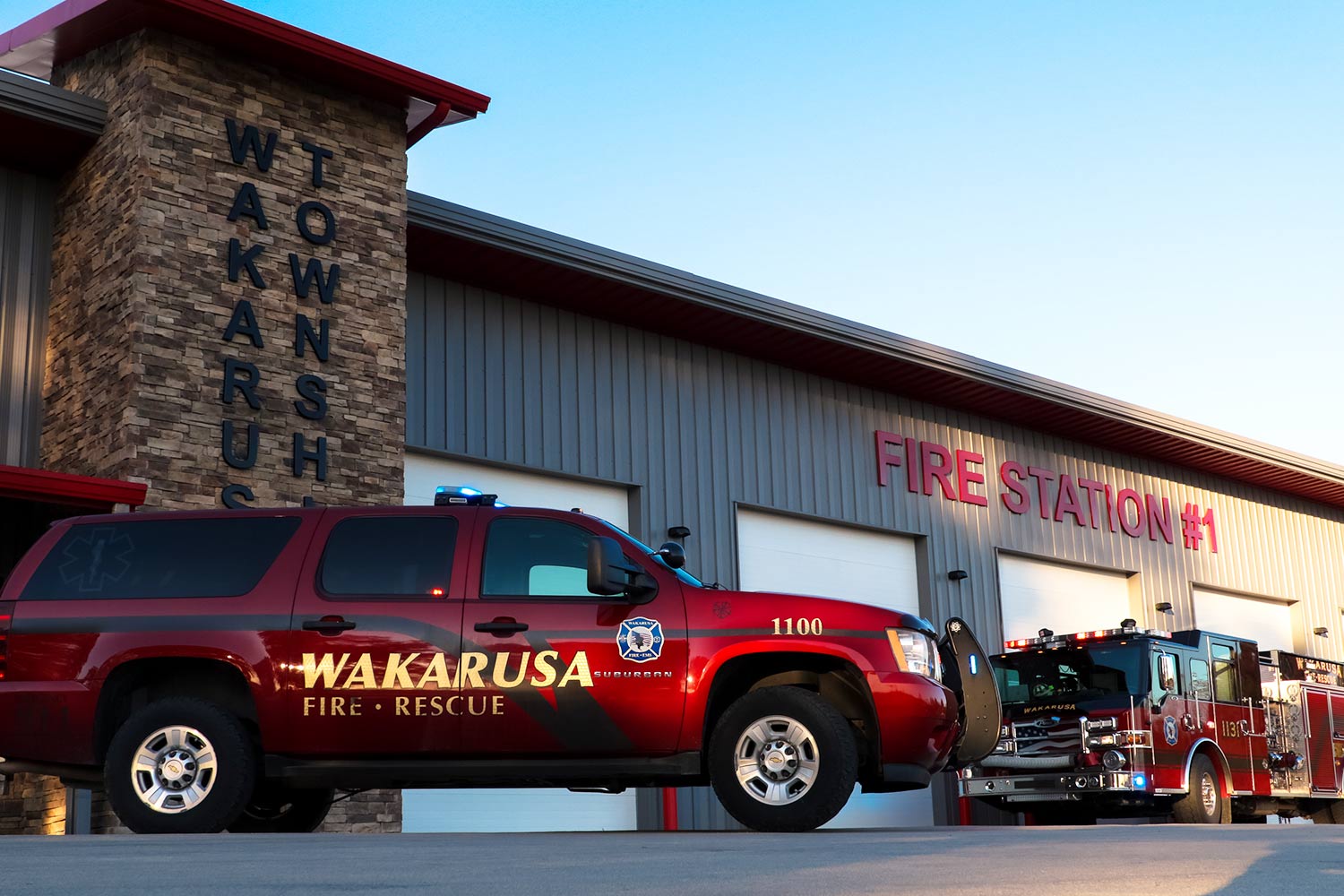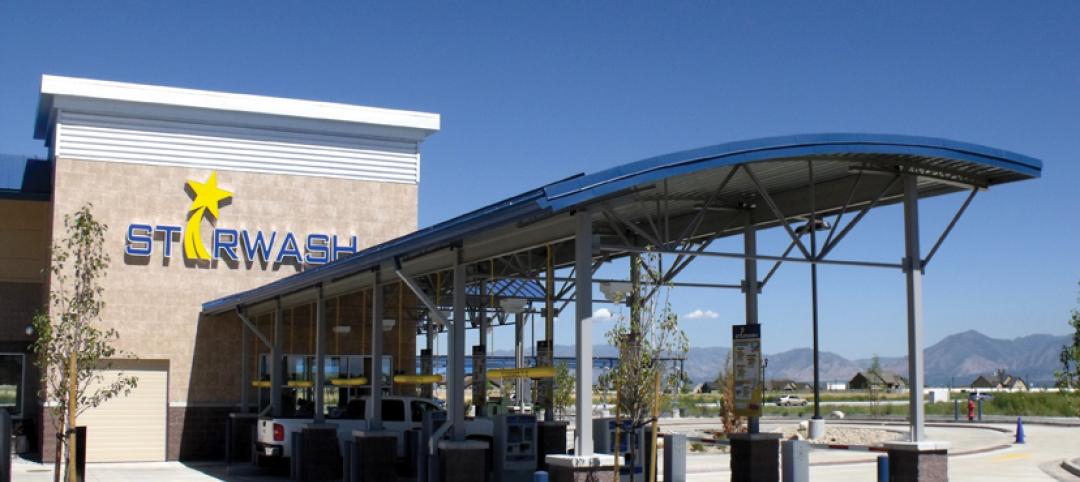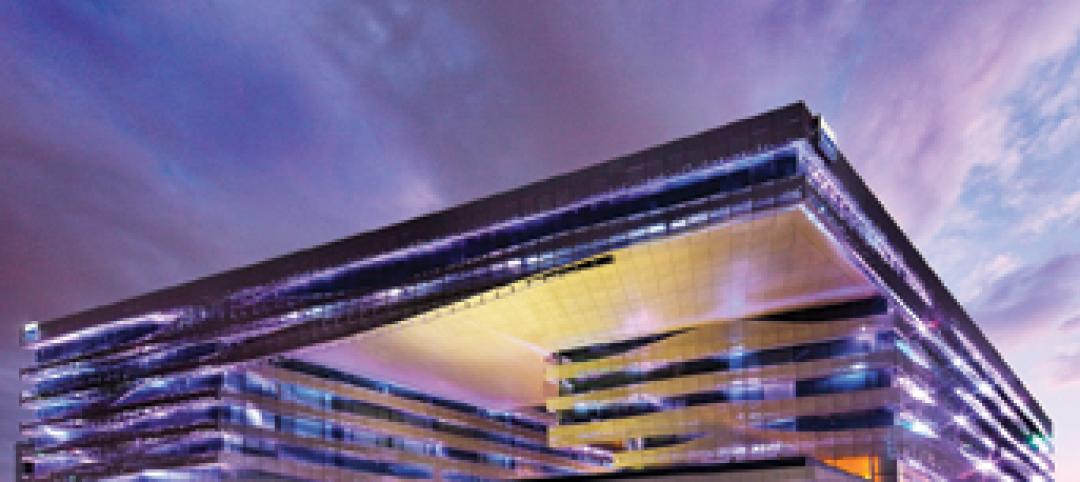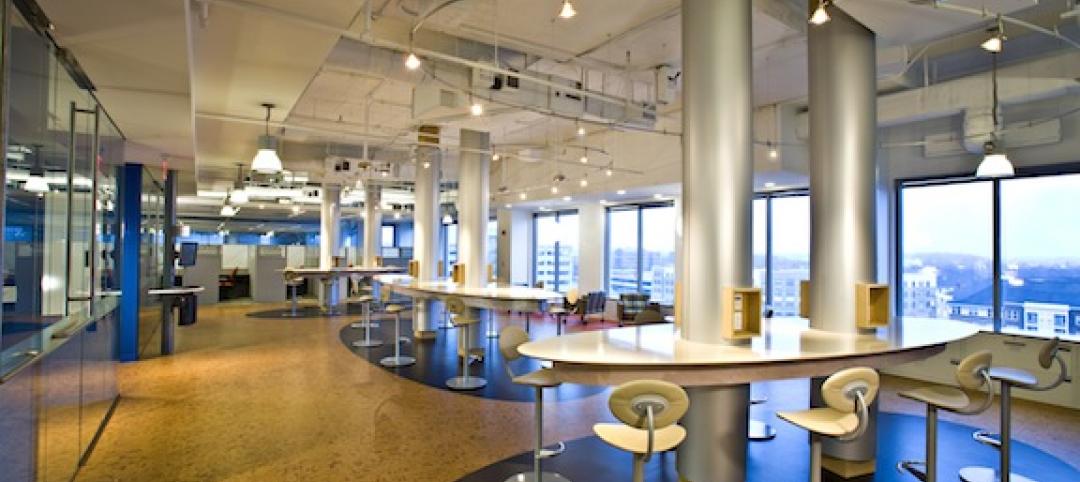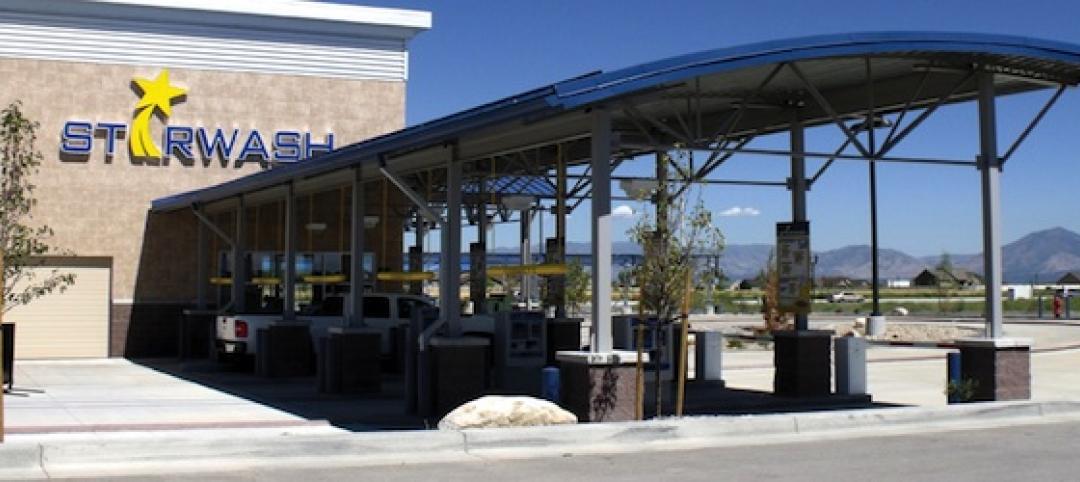With a population just over 2000 – the largest portion of them retirees – Wakarusa Township is a quiet, unassuming spot in eastern Kansas occupying about 46 square miles of rolling midwestern terrain. Recently, however, there was quite a bit of excitement happening on 31st Street, as the Wakarusa Township Fire Department got a new station with all the bells, whistles and, of course, sirens.
The Wakarusa Township Fire Department relies primarily on volunteers to serve the township along with EMS services to assist with medical emergencies in the surrounding areas within Douglas County. So, when the time arrived to replace fire station #1’s existing building with a new, more modern facility, one of the department’s board members contacted Art Kuehler with the local construction firm HASTCO, Inc., and set the plan in motion.

Kuehler worked in partnership with Lawrence, Kansas-based architectural firm Hernly Associates and together, they created a vision for the new, nearly 14,500-square-foot station: a slate gray custom engineered metal building design featuring a Double-Lok roof system and AVP wall panels from Star Building Systems. A metal building is an ideal choice for a fire station, according to Kuehler, because of the generous height and clean span widths.

Construction of the building was not without its challenges… When the team discovered the lot had a significant slope, their first consideration was to build one side of the building pad up more than 6 feet. However, when they realized that was the same side of the building on which the fire trucks would need to enter the apparatus bays, they shifted their thinking and created an innovative new plan. Instead of filling the lot, according to Art, the team “buried the back of the building in the ground with a five-foot concrete retaining wall”.

HASTCO and Hernly contracted Big Johnson Construction, located in Fort Morgan, Colorado, for the erection of the building. The team chose Star’s 24-gauge Double-Lok Galvalume Plus with R-32 Optiliner insulation for the roof panels and 26-gauge AVP with R-32 Opti-Liner insulation for the wall panels.

Today, the crew at station #1 enjoys a spacious main floor with offices, bunk rooms, a conference room, bathrooms and showers, a dayroom with kitchen and dining, a radio/report room, and nine apparatus bays to house trucks and equipment. A second floor over the office and dayroom will eventually include a classroom, storage, mechanical room, and restrooms. For a creative twist, the team added a set of switchback stairs on the front of the building, then built around them to give the appearance of a tower on the front of the building.
At Star, one of our favorite parts of the job is helping our customers accomplish their design and building challenges. We love seeing innovative concepts like the Wakarusa Fire Station come to life and look forward to helping you dream up – and build – your next big idea!
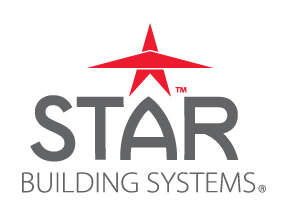
Related Stories
| Mar 10, 2011
Steel Joists Clean Up a Car Wash’s Carbon Footprint
Open-web bowstring trusses and steel joists give a Utah car wash architectural interest, reduce its construction costs, and help green a building type with a reputation for being wasteful.
| Mar 8, 2011
ThyssenKrupp Nirosta, Christian Pohl GmbH supply stainless steel to One World Trade Center
Corners of the One World Trade Center 's facade will be edged with stainless steel made in Germany. ThyssenKrupp Nirosta (Krefeld) produced the material at its Dillenburg plant using a customized rolling and heat-treatment process. Partner company Christian Pohl GmbH (Cologne) fabricated the material into complex facade elements for the corners of the New York City skyscraper.
| Feb 22, 2011
Military tests show copper increases HVAC efficiency, reduces odors
Recent testing, which is being funded by the Department of Defense, is taking place in military barracks at Fort Jackson, South Carolina. Side-by-side comparisons demonstrate that air conditioning units made with copper suppress the growth of bacteria, mold, and mildew that cause odors and reduce system energy efficiency.
| Dec 17, 2010
Gemstone-inspired design earns India’s first LEED Gold for a hotel
The Park Hotel Hyderabad in Hyderabad, India, was designed by Skidmore, Owings & Merrill to combine inspirations from the region’s jewelry-making traditions with sustainable elements.
| Dec 7, 2010
Product of the Week: Petersen Aluminum’s column covers used in IBM’S new offices
IBM’s new offices at Dulles Station West in Herndon, Va., utilized Petersen’s PAC-1000 F Flush Series column covers. The columns are within the office’s Mobility Area, which is designed for a mobile workforce looking for quick in-and-out work space. The majority of workspaces in the office are unassigned and intended to be used on a temporary basis.
| Nov 5, 2010
New Millennium’s Gary Heasley on BIM, LEED, and the nonresidential market
Gary Heasley, president of New Millennium Building Systems, Fort Wayne, Ind., and EVP of its parent company, Steel Dynamics, Inc., tells BD+C’s Robert Cassidy about the Steel Joist Manufacturer’s westward expansion, its push to create BIM tools for its products, LEED, and the outlook for the nonresidential construction market.
| Oct 11, 2010
MBMA Releases Fire Resistance Design Guide for metal building systems
The Metal Building Manufacturers Association (MBMA) announces the release of the 2010 Fire Resistance Design Guide for Metal Building Systems. The guide provides building owners, architects, engineers, specifiers, fire marshals, building code officials, contractors, product vendors, builders and metal building manufacturers information on how to effectively meet fire resistance requirements of a project with metal building systems.
| Sep 13, 2010
7 Ways to Economize on Steel Buildings
Two veteran structural engineers give you the lowdown on how to trim costs the next time you build with steel.
| Aug 11, 2010
AAMA leads development of BIM standard for fenestration products
The American Architectural Manufacturers Association’s newly formed BIM Task Group met during the AAMA National Fall Conference to discuss the need for an BIM standard for nonresidential fenestration products.


